Should Penmanship Return to School?
Should Penmanship Return to School?
670 members have voted
-
1. Should Penmanship Return to School?
-
yes-a good hand is an important part of one's presentation360
-
yes-not vital, but a good subject, both for use and discipline243
-
no-there are more important subjects for young minds42
-
no-with computers, good/beautiful handwriting is outdated22
-
no opinion3
-
-
Forum Statistics
352.3k
Total Topics4.6m
Total Posts -
Member Statistics
125,525
Total Members2,359
Most OnlineNewest Member
afam
Joined -
Images
-
Albums
-
txomsy's quotes
- By txomsy,
- 0
- 5
- 82
-
Ne
- By Penguincollector,
- 0
- 0
- 6
-
pen repair
- By lionelc,
- 0
- 0
- 1
-
March- April -2024
- By yazeh,
- 0
- 0
- 52
-
Misfit’s 4th album of Pens etc
- By Misfit,
- 99
-


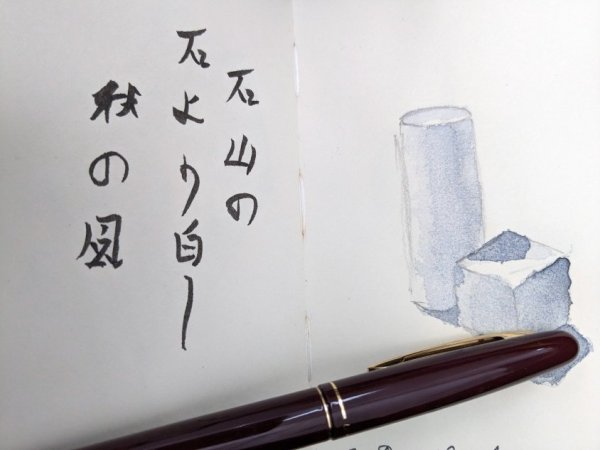
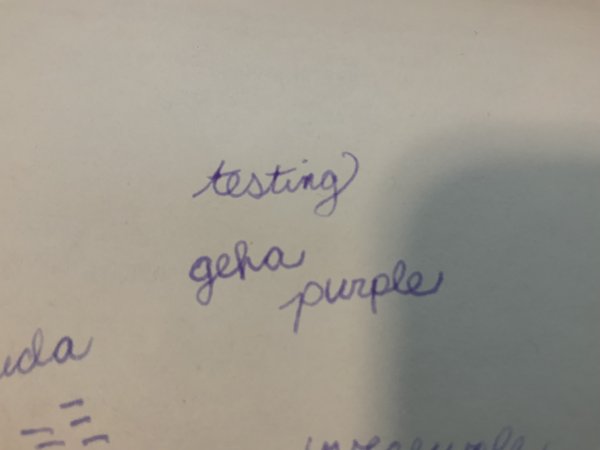
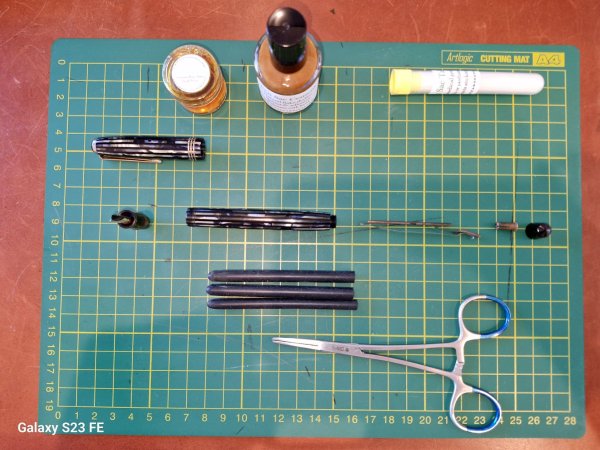

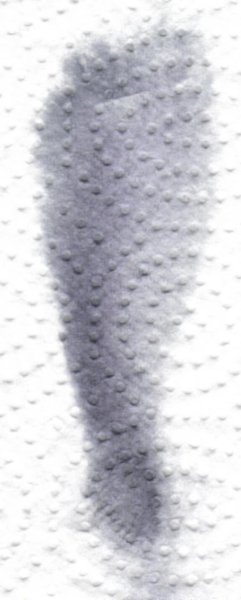
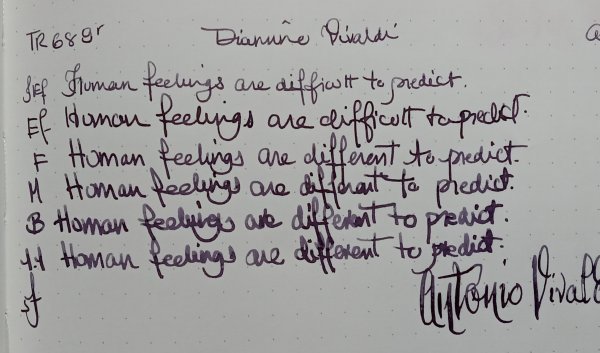
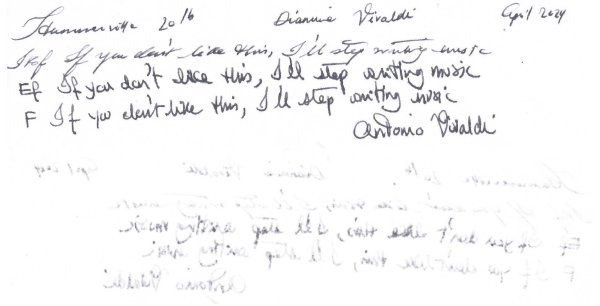
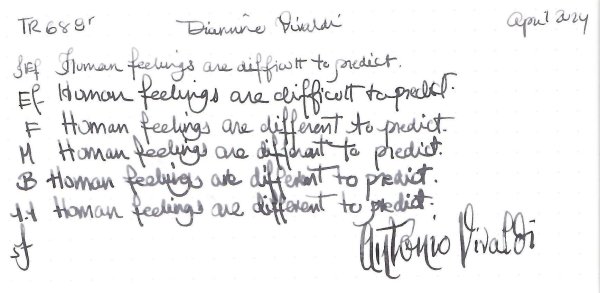
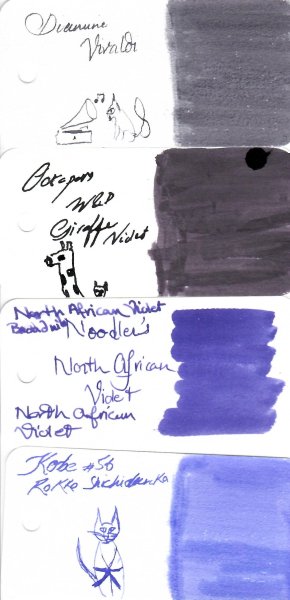
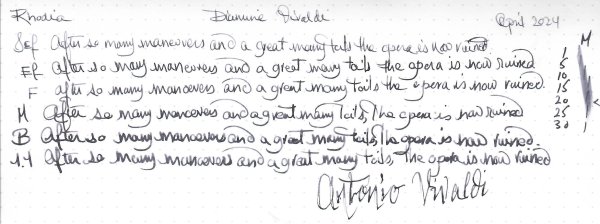
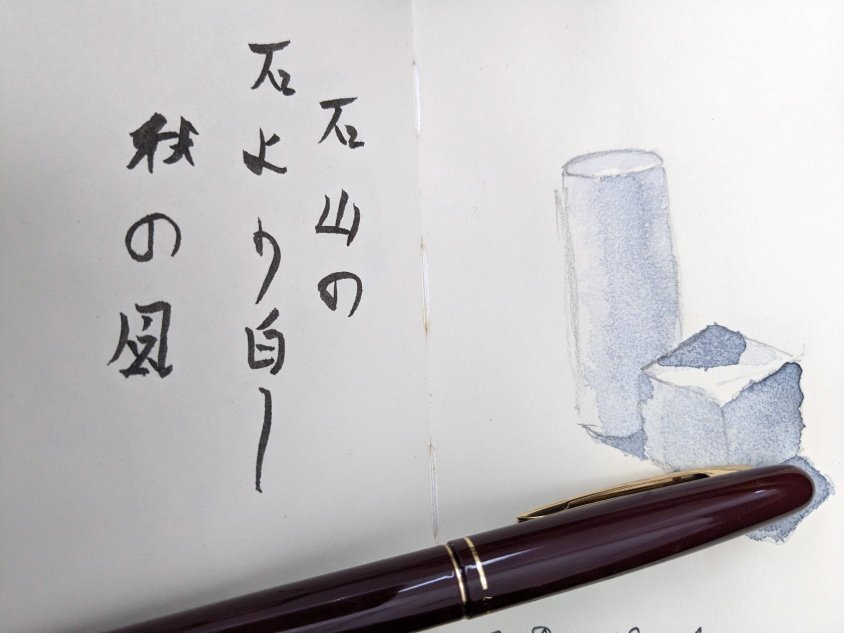
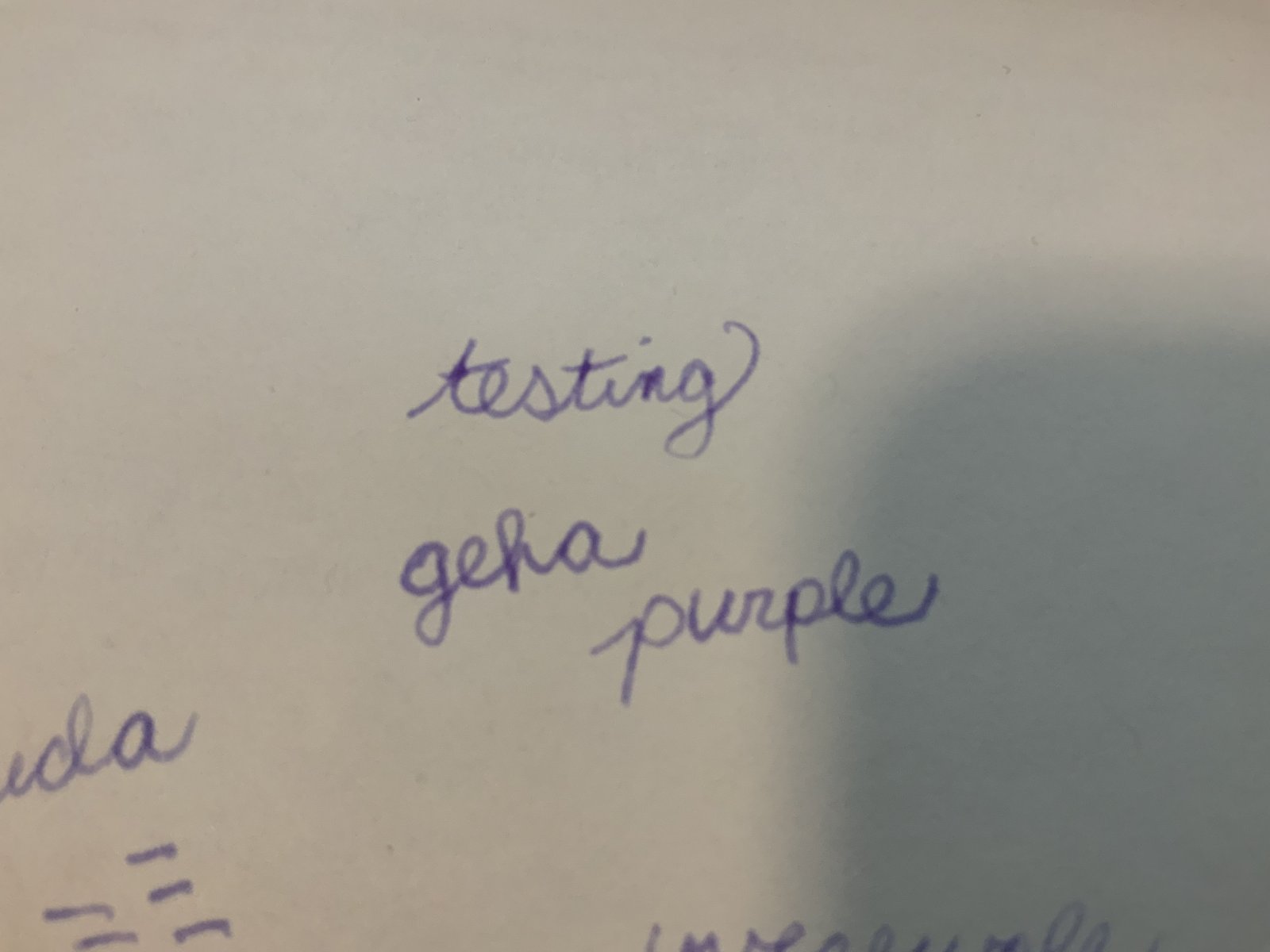
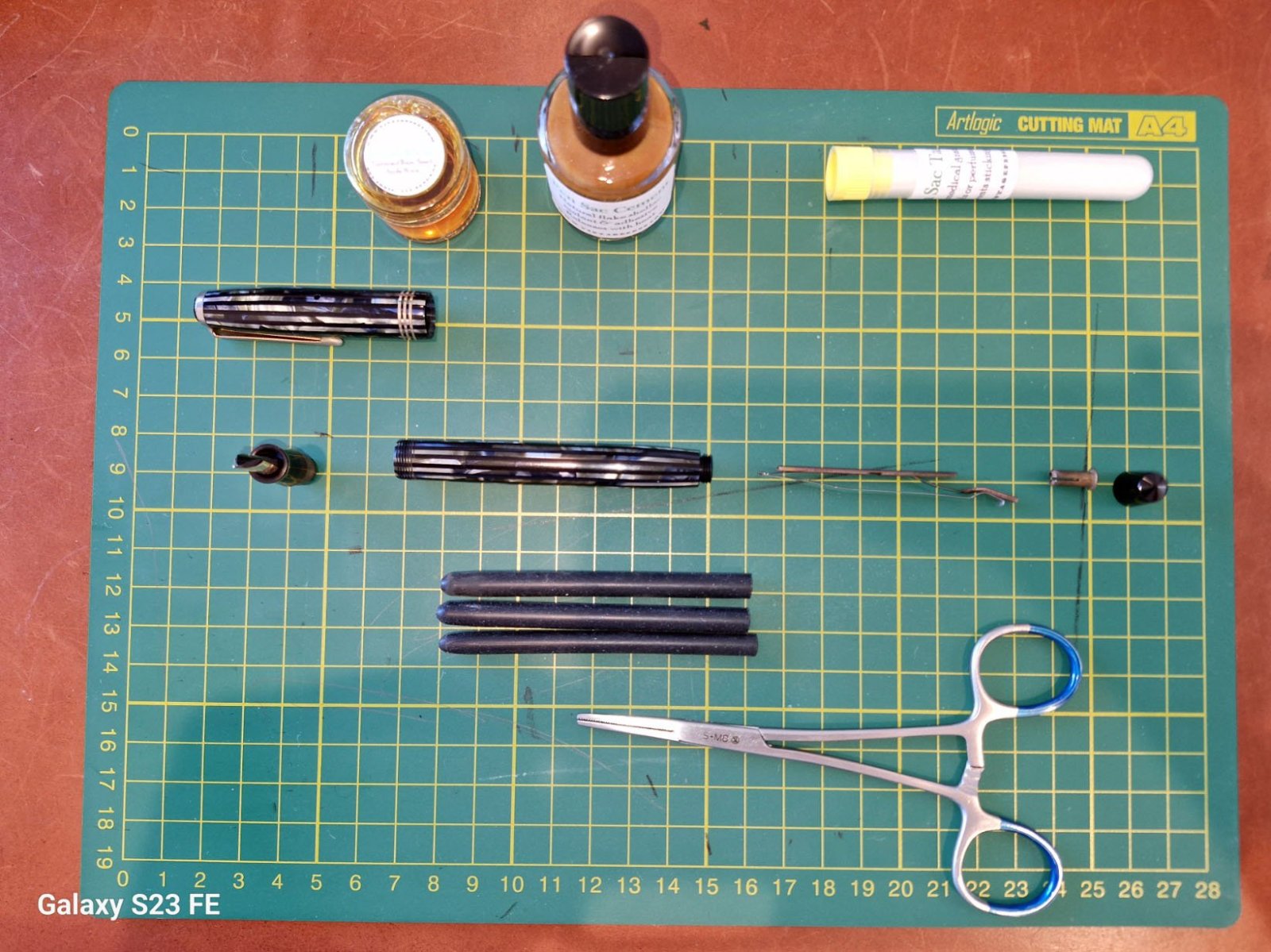
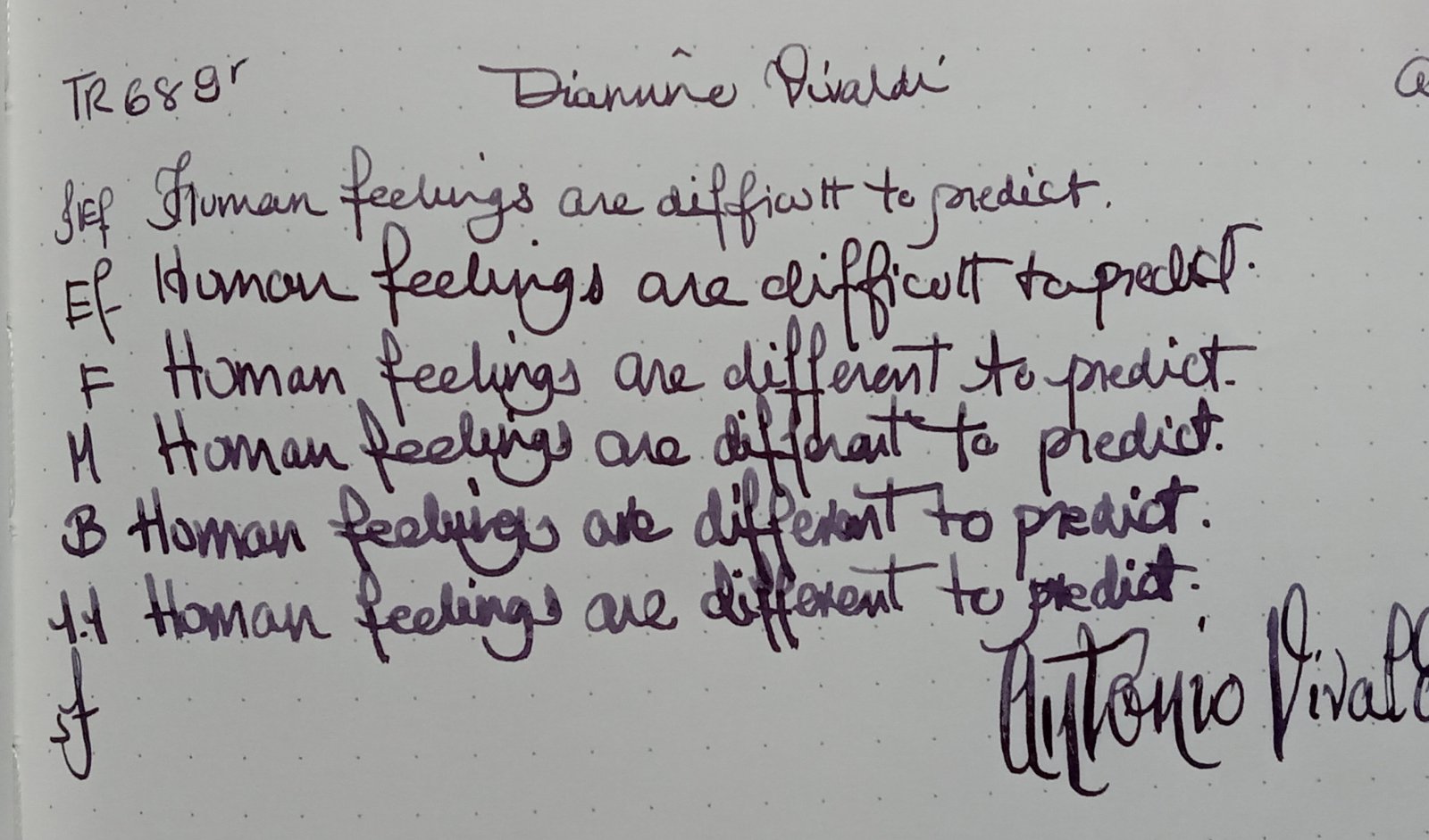
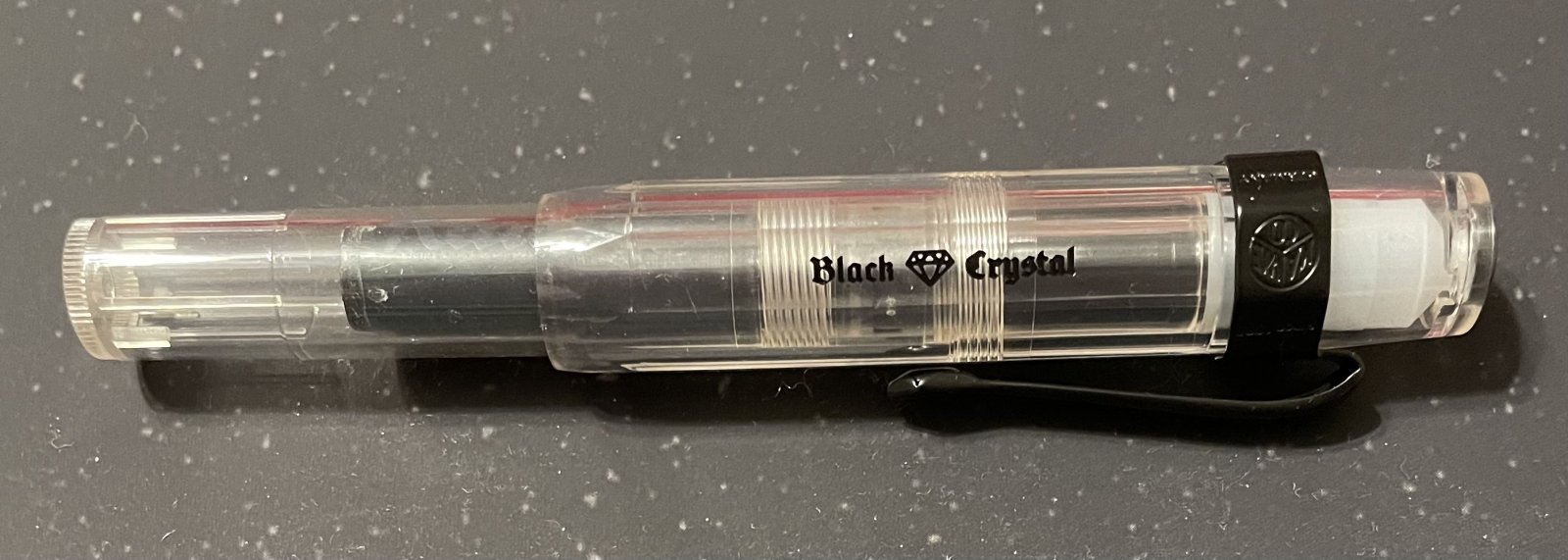

.thumb.jpg.f07fa8de82f3c2bce9737ae64fbca314.jpg)




desaturated.thumb.gif.5cb70ef1e977aa313d11eea3616aba7d.gif)





Recommended Posts